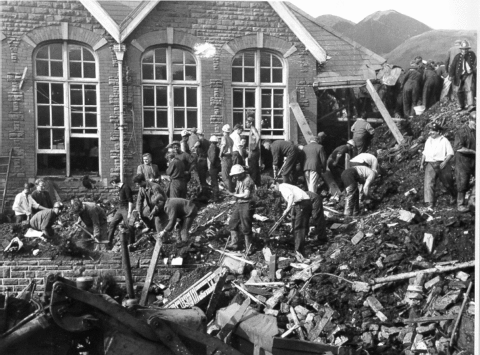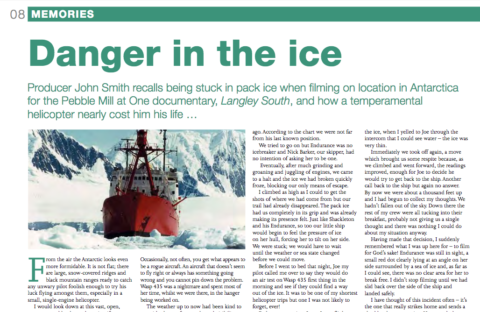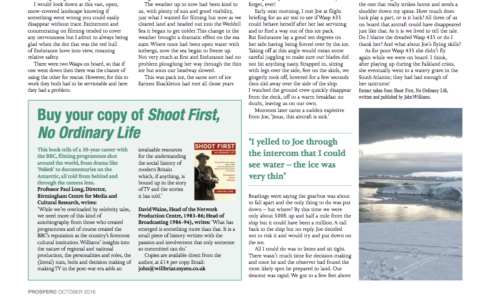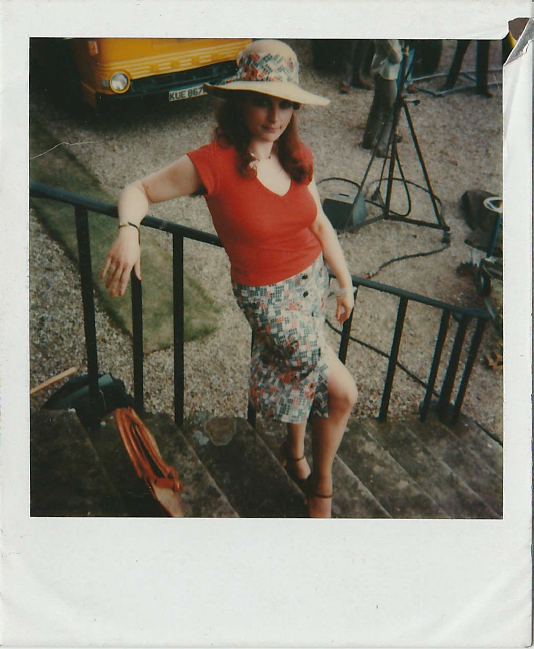I started my career in professional broadcasting at Pebble Mill as a vacation trainee engineer. I remember Alan Edwards man ops, who was the engineering manager at Aberfan 50 years ago today, who stopped the riggers from going to help, because they had a job to do as part of the news team, to report the historical events, so they should not be repeated. I remember my Welsh teacher mother Olwen holding me and weeping as we watched the families digging for their children. I am so glad that John Humphries and Huw Edwards, fellow Taffia have remembered and so eloquently reported on the anniversary. I have never forgotten, and so it would appear neither have they. I was privileged to work with John in SPUR, BBC TV News when he was South Africa Correspondent, & Lime Grove BBC NCA 1978-1988, and under Brigadier Alan Protheroe DDG Ed Tel News, and finished my career as Acting Planning Manager BBC NCA Resources, before resigning when the BIRT/Checkland double act took office. I am glad someone else remembers Pebble Mill, speaking as a BBC Pensioner.
John Howarth
The following comment was left on the Pebble Mill Facebook page:
Dave Bushell: ‘One of my Bristol engineering colleagues was at Aberfan. The Bristol OB unit, MCR 28 was in South Wales for a job and was diverted to provide coverage. He spoke of the difficulties the crew had staying at their posts when the urge to help was so overwhelming.’





